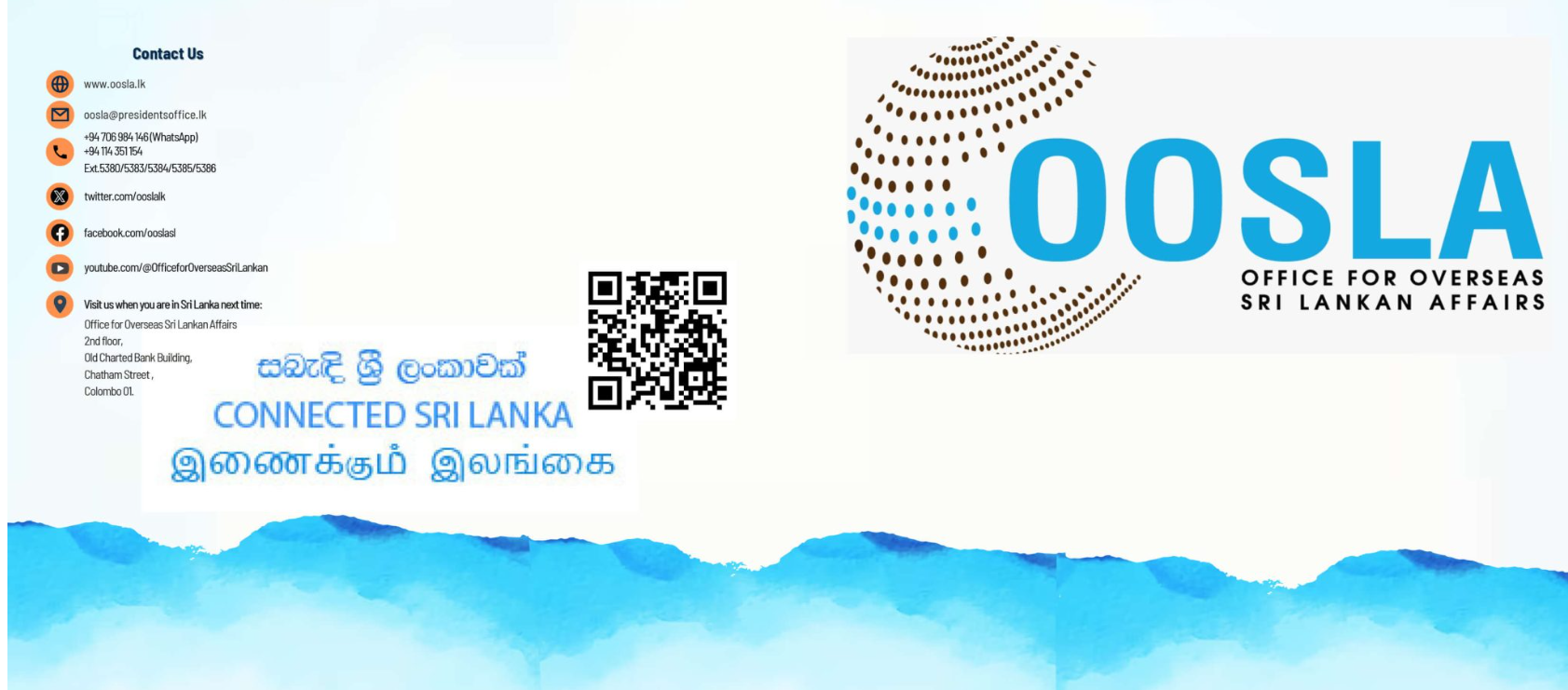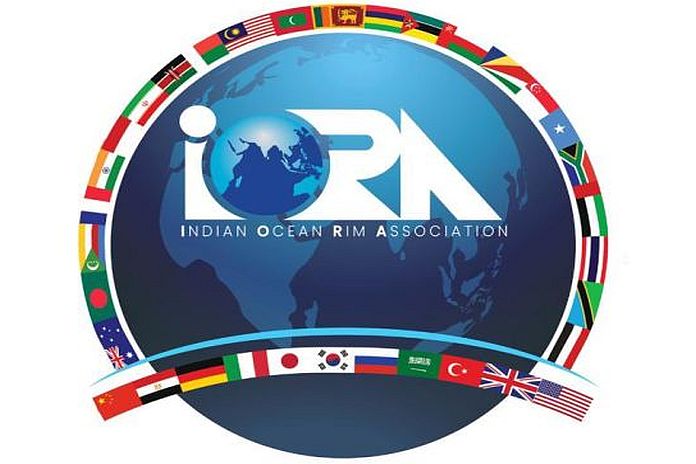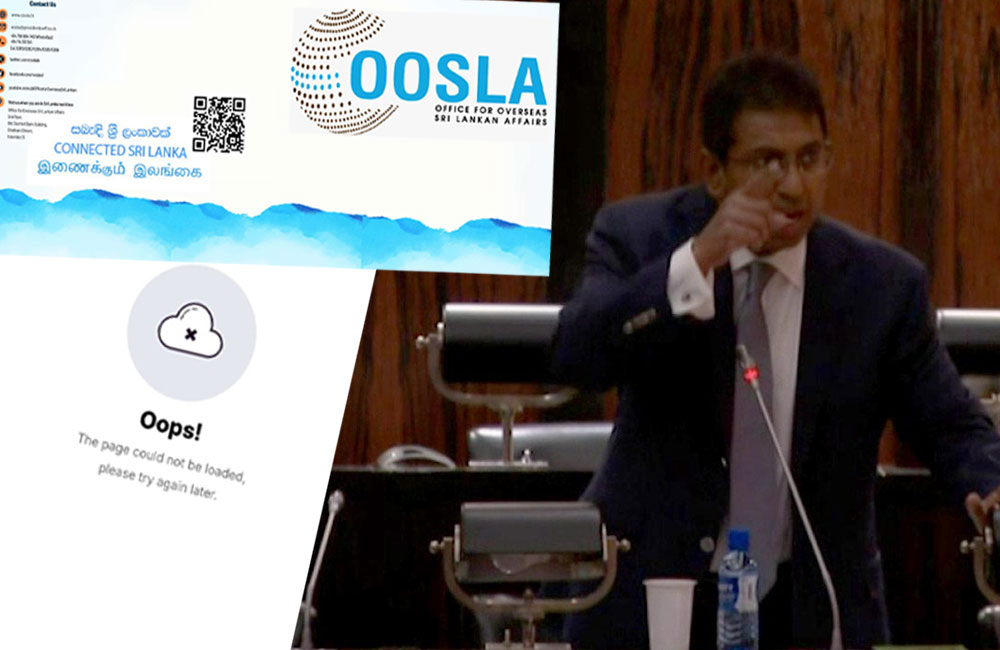Today in Parliament, during the Committee Stage debate on the Foreign Ministry’s expenditure head, I felt compelled to challenge the traditional view of how Sri Lanka engages with the world. I listened to the Minister of Foreign Affairs, hoping for an articulation of a modern policy stance that justifies our budget allocations, but instead, we heard the usual rhetoric.
Foreign Policy is Economic Strategy
We can no longer afford to operate in silos. I stated clearly on the floor that we need to stop separating foreign policy from our economic survival.
As I argued in my speech, the truth is unavoidable: “We need to think of foreign policy in terms of economic strategy. Forget all the rhetoric... we have to be dynamic, understand how the world is moving, and use our foreign policy as an economic strategy. If you look at the growth we require, it is all going to be external: exports, investments, remittances, and tourism.”
Even our debt restructuring was fundamentally a foreign policy success before it was a financial one; it was because we built strong relationships with countries like India and China that we were able to navigate the crisis.
The Digital Failure: The “Oops” Moment

However, our implementation is lagging woefully behind this necessary vision. We talk about a "Digital Sri Lanka" and attracting the diaspora, yet our digital infrastructure for investors is non- existent.
I highlighted a specific example regarding the Office of Overseas Sri Lankans. When I attempted to access the digital portal for this office, posing as a Sri Lankan living abroad looking to invest, I hit a dead end.
“Assume I am an overseas Sri Lankan and I want to invest... I go to the Ministry of Foreign Affairs [website] and it says 'Oops.' ‘Oops’ is not a foreign policy,” I told the government. “If your official website says economic diplomacy is key... and it doesn't exist, I am asking the Honorable Minister if the Office of Overseas Sri Lankans actually exists.”
We cannot expect serious investment when our front door to the world is digitally broken and directs potential investors to an error page.

Addressing Governance and Accountability: The Geneva Pledge
I pointed out that while the government may claim to be taking a "reasonable middle path" in its international commitments, its actions at home severely undermine that position.
The core issue is the failure to credibly implement the four-pillar structure promised to the world: Truth, Justice, Accountability, Reparations, and Non-Recurrence. This failure is evident in the makeup of the proposed agencies.
● I highlighted the recent criticism leveled at the government for appointing three out of five members from the security sector to the proposed Reparations Committee.
● This imbalance undermines confidence and cannot work. The Government ought to ensure that these promised agencies are established and implemented with genuine credibility to finally resolve these long-standing national problems.
Recognizing Our Two Types of Sri Lankans Overseas
The Ministry must understand the complex issues facing our citizens abroad and engage with them as two distinct, yet equally vital, groups:
● Economic Backbone: These are the workers in West Asia and Southeast Asia who send home the highest amount of dollars and are fundamentally responsible for building our foreign reserves. Their welfare and support must be prioritized.
● The Disconnected Diaspora: These are the Sri Lankans living in Western nations who often feel left behind and disconnected. They are calling for engagement and dialogue with the Ministry to understand the issues they face. The Ministry must open genuine channels of communication with them.
We Must Punch Above Our Weight Class: Seizing the Transactional Opportunity
We must stop viewing Sri Lanka as a small, passive island. We are at the center of the Indian Ocean, critical to global trade routes and data cables. We have leverage, and we must use it.
“We have an amazing opportunity because of our positioning in the global context. We must punch above our weight class... We have to be able to make sure that our foreign policy is such that we balance the East and the West,” I stated. IORA
IORA
This strategic positioning demands a pragmatic foreign policy built on transactionalism. Our focus must be on results, not rhetoric concerning allegiances, blocs, or West vs. East divisions.
I highlighted how we have already squandered a critical chance by failing to use our IORA Chair to initiate a robust collaborative framework built around trade and economic security. The new opportunity, however, lies in the recent cooperation between China and India. This creates an ideal geostrategic opportunity for us to profit.
We must shift our foreign policy mindset from allegiance to advantage. We need a return on investment for every dollar we spend on our missions abroad. Nothing less is acceptable.
By Dr. Harsha de Silva, MP

Leave your comments
Login to post a comment
Post comment as a guest